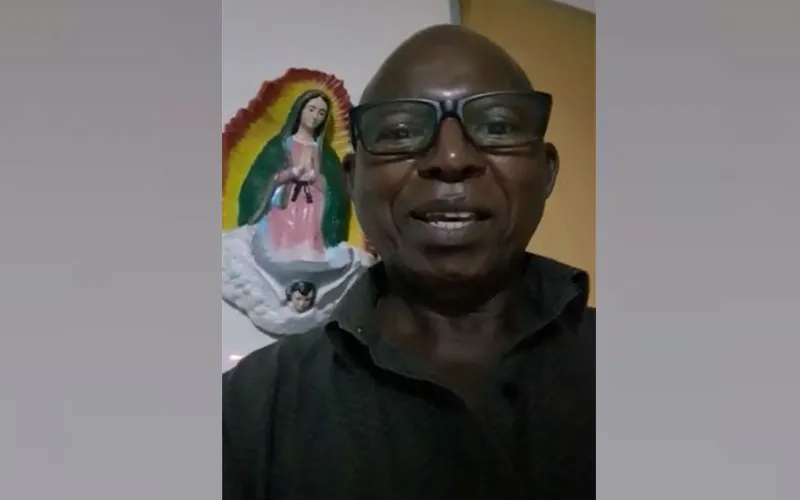The program, backed by WHO and other multilateral bodies, aims to supply two billion vaccines by the end of 2021.
Of this total, WHO says 600 million doses will be for Africa, enough to vaccinate at least 20 percent of the population.
The BBC reports that India has donated the AstraZeneca vaccine to Kenya, Uganda, Rwanda, DR Congo, Ghana, Ivory Coast, Senegal, Mozambique, eSwatini, Botswana, Mauritius and Seychelles.
Some African countries are, however, not taking part in the Covax scheme citing a lack of interest in the vaccines. Others have reportedly sourced vaccines from outside the scheme, including direct purchases from the manufacturers, or as donations from countries such as China, Russia, India and the United Arab Emirates (UAE).
Tanzania and Madagascar have said they have no plans to acquire vaccines, and Burundi says that at the moment, the East African country does not need vaccines.
(Story continues below)
In his viral message, Dr. Karanja has called on African countries to resist the vaccines, saying they pose “a major problem” for the future.
“The time has come. We can’t keep mourning forever. Sometimes (we must say) enough is enough,” the medic says and adds, “We must not only protect ourselves. But we must protect this continent now and in the future.”
“On behalf of Africa, because I am African and Kenyan, and because God has been so gracious, I became a medical doctor, please listen to me,” Dr. Karanja pleads and adds, “I mean well. Wake up all of you. Let us protect this continent.”
On their part, Catholic Bishops in Kenya have backed the vaccine, calling on the country’s Ministry of Health to affirm to the public that the vaccines are genuine, safe and effective in order to encourage people to be vaccinated.
“In the absence of other means to stop or even prevent the COVID-19 pandemic, the common good calls for vaccination, primarily to protect the weakest and most exposed,” members of the Kenya Conference of Catholic Bishops (KCCB) said in their March 9 collective statement that was availed to ACI Africa.
Agnes Aineah is a Kenyan journalist with a background in digital and newspaper reporting. She holds a Master of Arts in Digital Journalism from the Aga Khan University, Graduate School of Media and Communications and a Bachelor's Degree in Linguistics, Media and Communications from Kenya's Moi University. Agnes currently serves as a journalist for ACI Africa.








